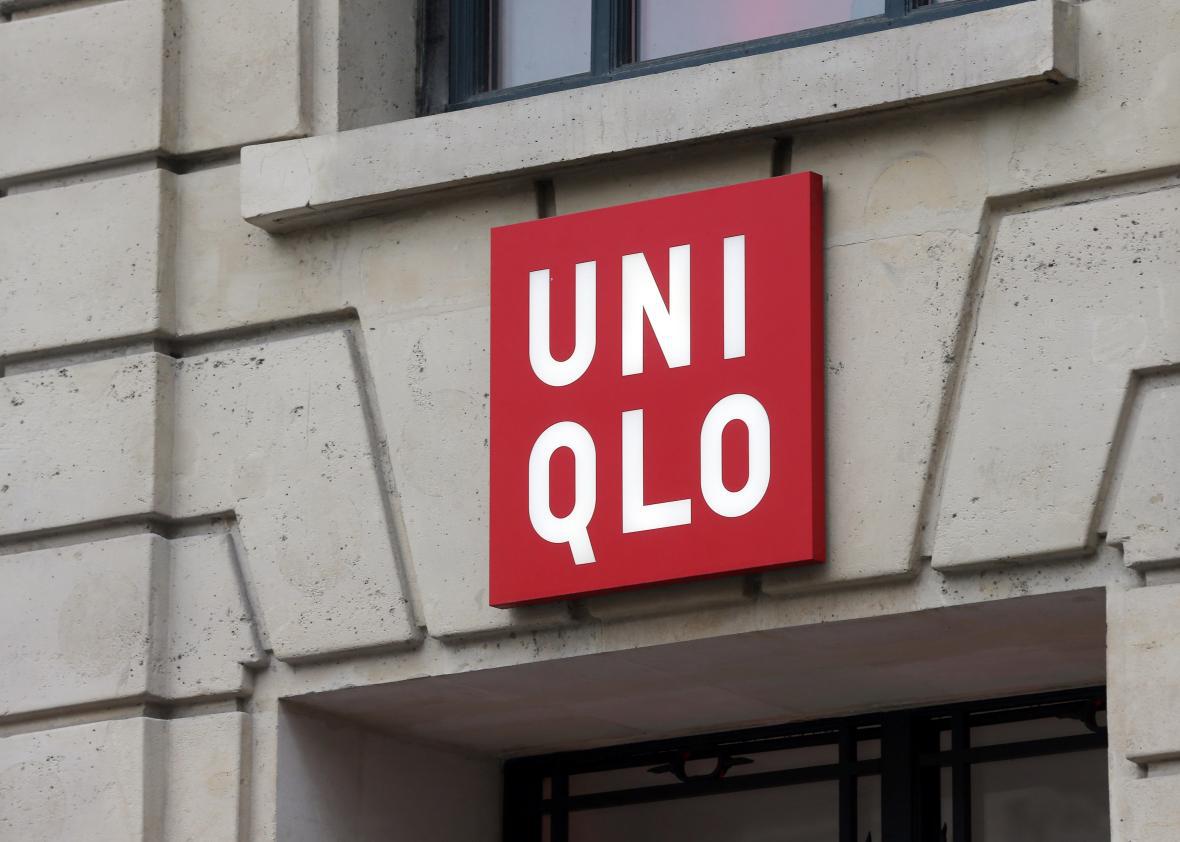When we talk about four-day workweeks, it’s usually discussed as a fantasy or thought experiment, but soon it will be real for much of Uniqlo’s workforce. Starting in October, the clothing brand’s parent company Fast Retailing will offer the option of a four-day workweek to roughly 10,000 full-time employees in Japan, Bloomberg reports. Those who accept the schedule will gain three days off by working 10-hour shifts the other four days. (I hesitate to use the phrase “three-day weekend” because, per Bloomberg, employees will have to work Saturdays and Sunday to keep stores staffed.) If the trial goes well, the company will consider phasing in a shorter workweek at its corporate headquarters as well as in more retail stores.
Sitting at a computer monitor on this lovely summer Friday, three days off in exchange for 10-hour days sounds rather nice. But will Uniqlo’s employees in Japan actually want it? Bloomberg says Fast Retailing “is offering the perk to its in-store employees with the hope of retaining full-time talent, who often cut down to part time to be with their families or care for elderly parents.” Still, consider the well-documented portrait of the Japanese workaholic. Long, often unpaid overtime hours are expected as a matter of course. Working to death is so common that Japanese courts have recognized it as a legitimate cause of action in wrongful death suits and it’s literally been enshrined in the lexicon—the term is karoshi. To get the nation to ease up, the Japanese government is thinking about legally requiring workers to take their PTO. Uniqlo might have to drag its employees off the clock.
On the other hand, if Uniqlo can get a four-day workweek to take off, that could be very positive for Japan’s corporate culture. Beyond taking a physical and psychological toll on employees, the long hours that are so standard have contributed to social problems, like forcing women to choose between a career and a family. Here Japan seems to be losing on all counts: The female labor force participation rate is low, and the birth rate has also dipped precipitously, for reasons some believe may be related to poor working conditions for women. Changing that would be beneficial pretty much all around. And maybe Uniqlo can do it. The brand’s clothes are already trendy. Maybe its workplace can be, too.
